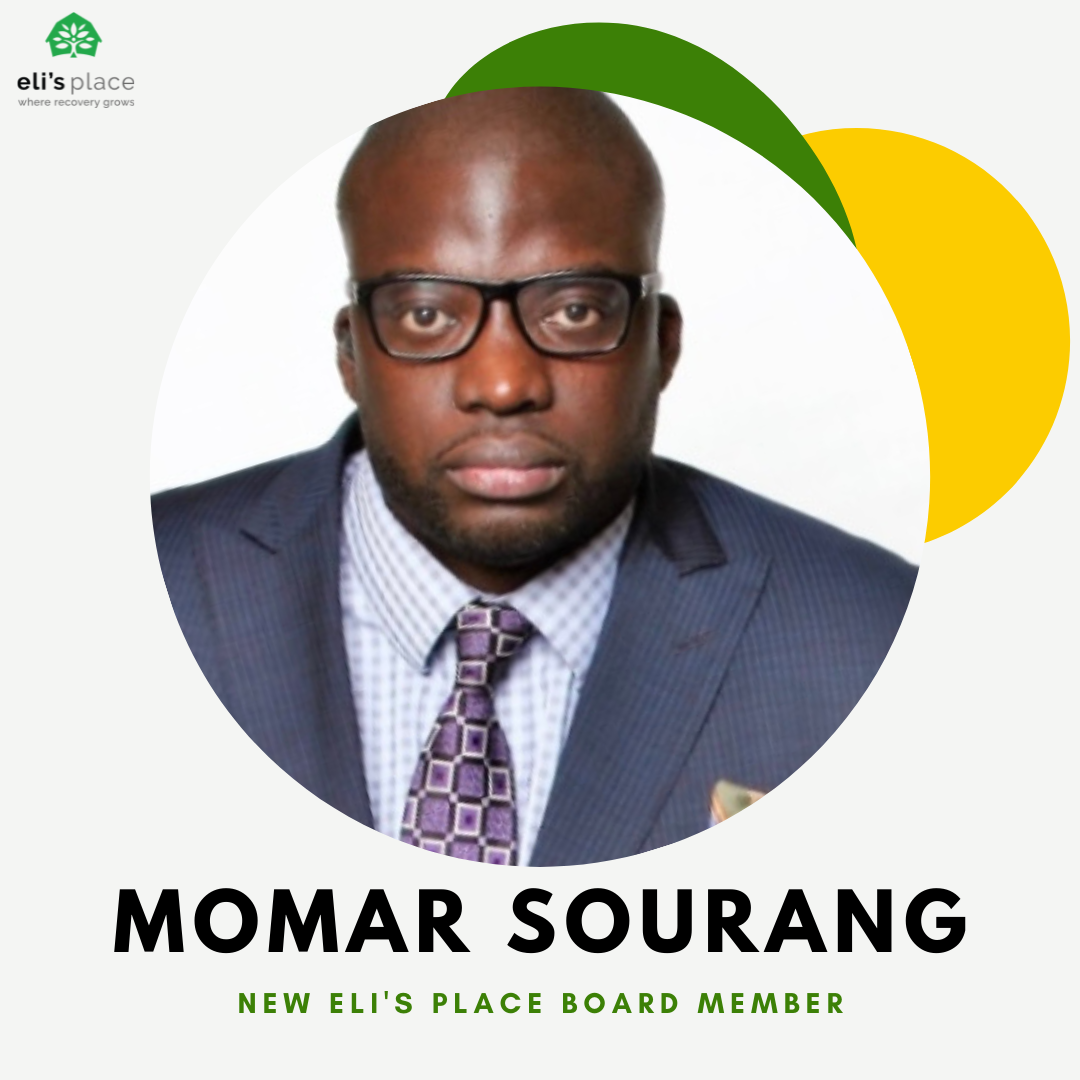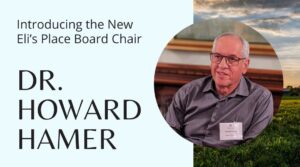What Momar Brings to the Table
A love of the outdoors prompted Momar to join the Canadian Armed Forces (CAF) where he is an officer in the reserve. Of his experiences with the CAF Momar shares: “It’s fascinating. I love geopolitics and strategy in general. I don’t feel I’m working to be honest. I’m on a big hike with friends and talking about the situation in Syria, for example. I also like the leadership aspect.” Momar brings his logistics speciality and leadership training to Eli’s Place.
Describing his other interests, Momar says: “I’m an avid learner and love knowledge in general. So I read about history, quantum physics, and fine arts. I’m just curious about life, curious about culture in general.”
It’s this passion for learning and curiosity that will benefit the work of a young and growing organization like Eli’s Place. Momar believes there is an opportunity for him to learn more about governance while sharing his knowledge of risk management.
What drew Momar to Eli’s Place
It was the rural setting and farm component that first attracted Momar to Eli’s Place. “I’m a bit of a farmer and own some land. The vision [of Eli’s Place] reminded me of how good I feel when I’m in the wild. I was attracted to that.”
Momar has started his own farming venture, and firmly believes in the concept of social entrepreneurship. He knows that developing land, while protecting the environment, is very rewarding. Momar clarifies: “You don’t think profit, you think adventure, you think experience and then profit will come because you enjoy what you’re doing. This is how I go about anything. I go in with passion and it’s rewarding.”
On the Subject of Mental Health
Mental health issues have always been on Momar’s radar. Quite recently he completed mental health first aid training at Fidelity and is part of the company’s Mental Health Committee.
Momar asserts that providing mental health support is “fundamentally operational, it’s good risk management, it’s not charity. It’s something we have to do if we want to perform well as a business and as a community. Providing treatment will make our families better, our organizations better, our society better.”
He believes that mental health issues go largely untreated due to stigma and a false perception that people who are struggling can “tough it out.” In some communities he found there is “a mystification around the brain, but it’s just a body part like anything else.”
What does our Tagline “Where Recovery Grows” Mean to Momar?
“Everybody is in recovery for something. The minute we’re born we’re always improving. States of mind are complex but we’re always in a process of getting better, of reaching an ideal state or a state of wellness. It’s harder for some to reach this state of wellness, but it’s attainable for everyone … it’s a journey and the destination is always ahead.”
In Conclusion
Momar believes that de-stigmatization and education are key, and that we need to demystify the brain and bring neuroscience back into the discussion. He says, “people should be able to speak clearly about their mental health with language that can be easily understood. Then people can take pride in managing their mental state and by extension, in managing a mental illness.”
We’re very pleased to have Momar on the board at Eli’s Place and are grateful for the many strengths he brings to our organization.




